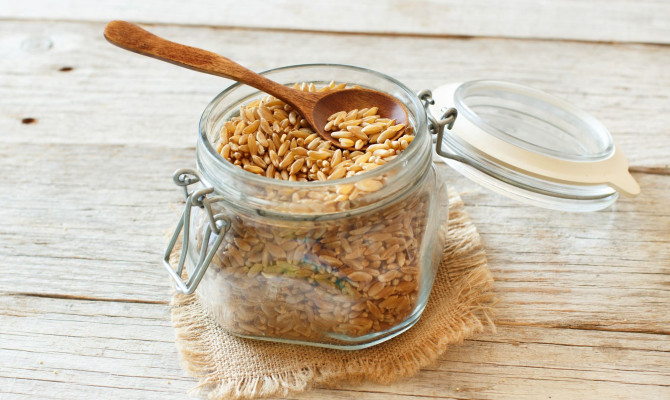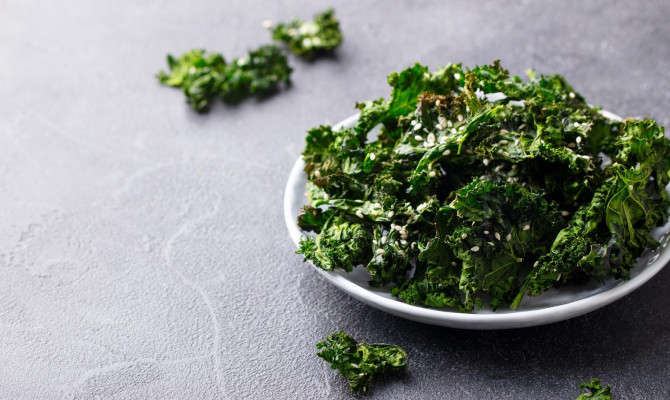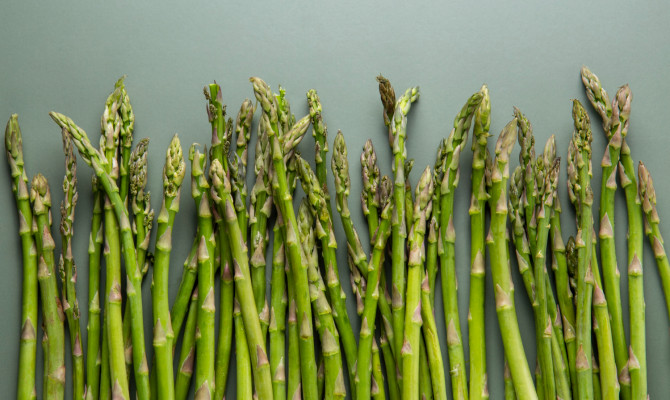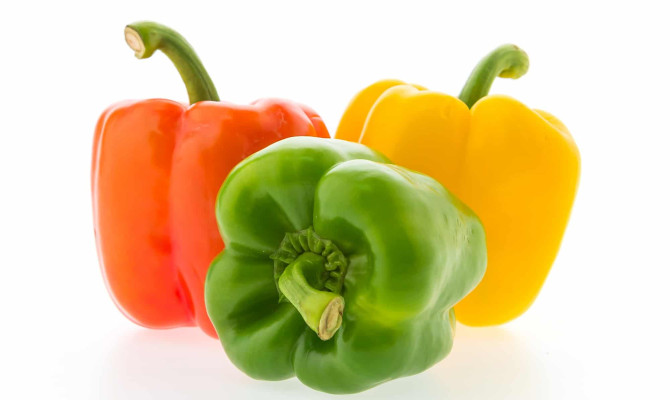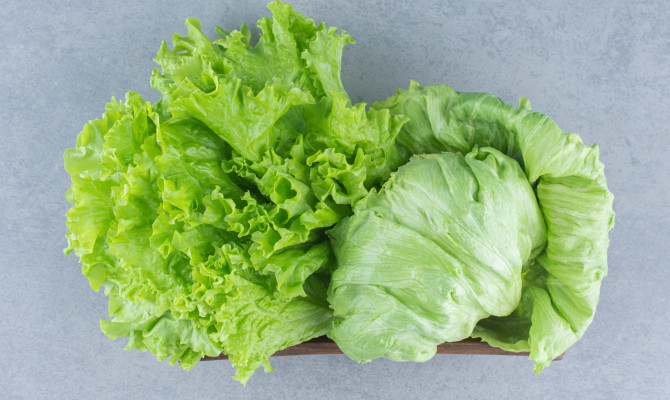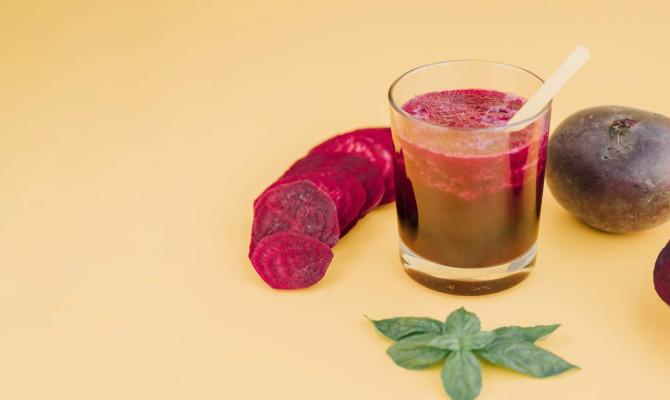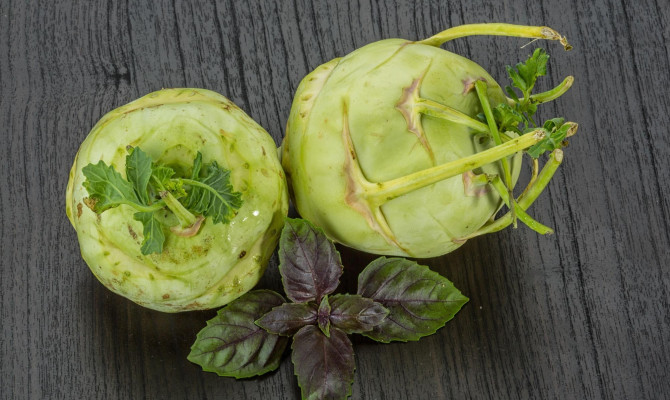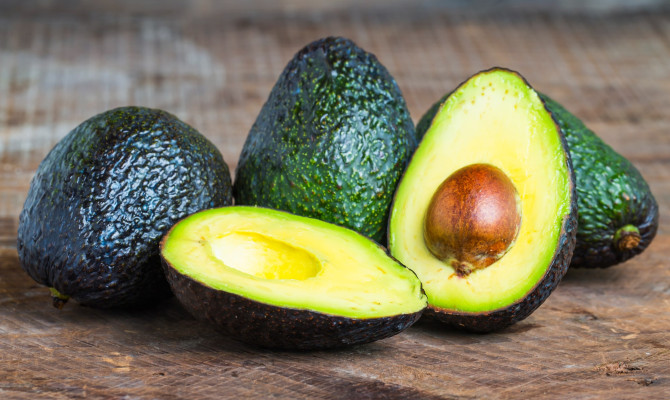A Comprehensive Guide to Embracing a Gluten Free Diet

- Gluten Free Diet
- 22 Aug 2023
Overview
What is Gluten Free diet?
A gluten free diet excludes gluten, a protein found in wheat, rye, barley, and goods derived from these grains. People with celiac disease, gluten sensitivity, or wheat allergies make up the majority of the adherents.2Overview| Researched based study from Nlm.nih.gov
In this article, we’ll go over the fundamentals of this diet, including what gluten is, why some individuals avoid it, and the advantages and drawbacks of adopting this way of life. We will also discuss common myths about gluten-free alternatives and provide helpful advice for successfully converting to and maintaining a gluten-free lifestyle.
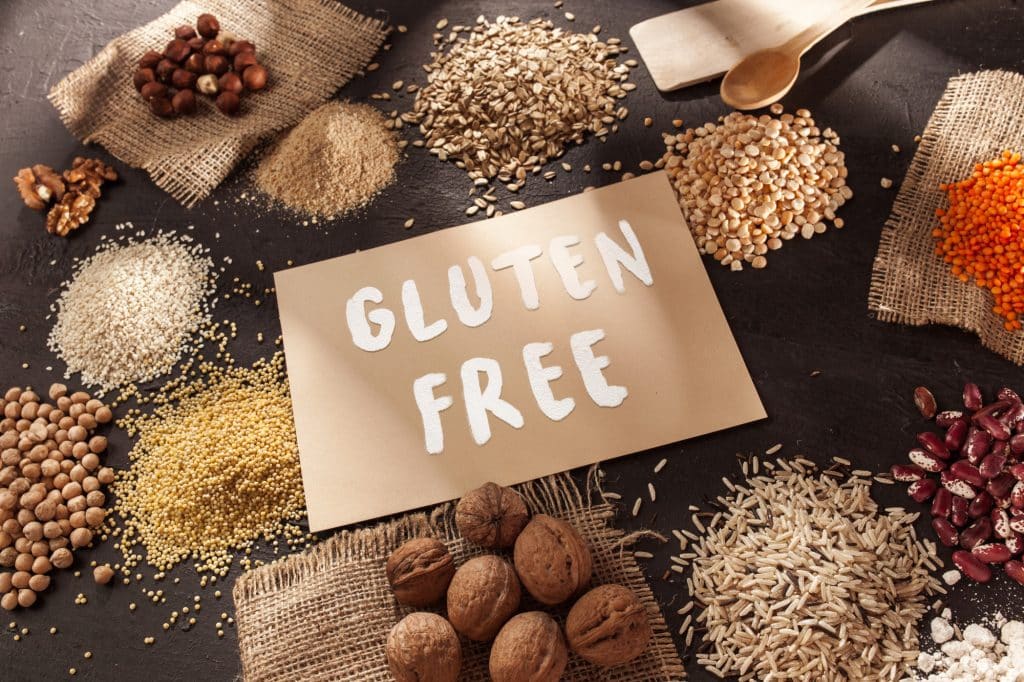
Benefits
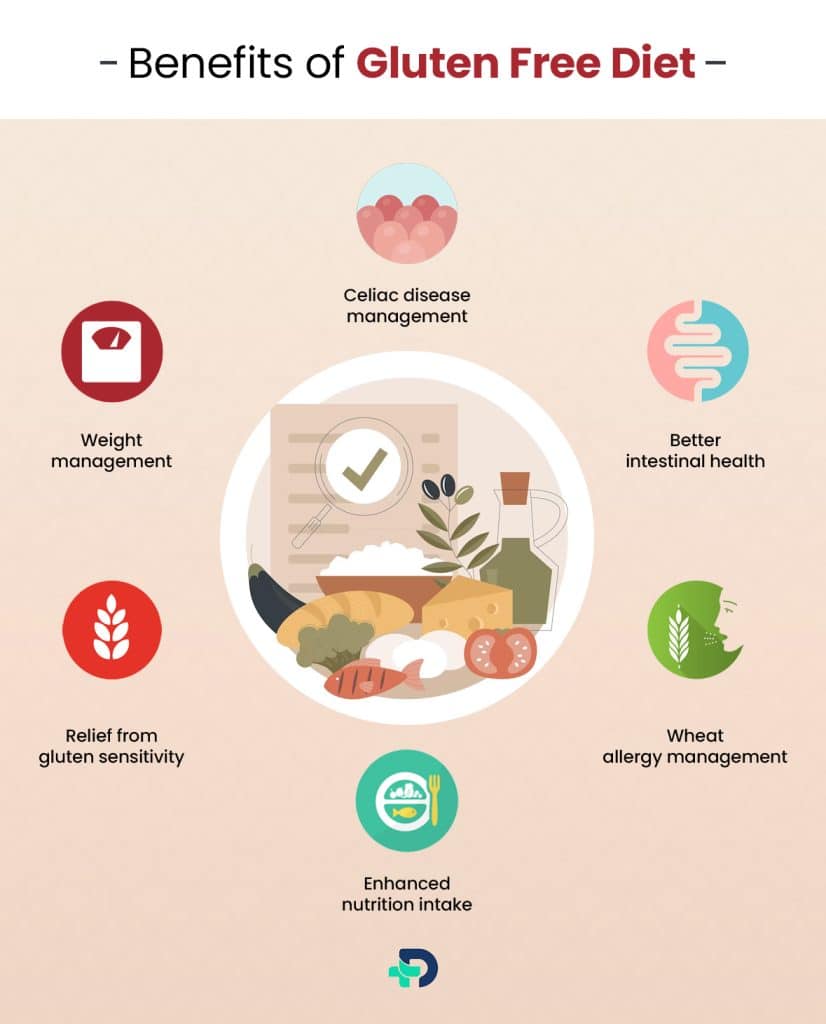
Benefits of Gluten free diet
Particularly for those with specific medical issues, it can provide several advantages. Some of the main benefits are as follows:
- Management of celiac disease
- Relief from gluten sensitivity
- Management of wheat allergies
- Better intestinal health
- Weight control
- Increases consumption of nutrients
- Improves vitality and reduces mental fog
Celiac disease management
- Managing celiac disease is the primary justification for choosing this diet. For people with this autoimmune illness, eating gluten triggers an immune response that damages the small intestine and has other negative health effects.
- Individuals can improve digestion, reduce discomfort, and increase nutritional absorption by avoiding gluten.
Relief from gluten sensitivity
- Some people have gluten sensitivity, a condition in which ingesting gluten results in fatigue, gastrointestinal pain, and other symptoms without celiac disease. This diet can help alleviate these symptoms and enhance general health.
Wheat allergy management
- This diet can be advantageous for those who are allergic to wheat. The diet encourages alternate grains to reduce exposure to wheat proteins and lessen allergic reactions, even if not all gluten-free foods are also wheat-free.
Better intestinal health
- Adopting this diet may improve digestive health for those with digestive problems. Eliminating meals containing gluten can help promote a healthy gut environment by reducing inflammation and bloating.
Weight management
- Some people find that this diet helps them manage their weight. This is frequently brought on by a move towards whole, unprocessed foods that are naturally devoid of gluten, which decreases the consumption of refined carbs and may aid in weight loss.
Enhanced nutrition intake
- This diet encourages people to experiment with various grains and nutrient-dense foods, resulting in a more varied and wholesome overall diet.
Increased vitality and decreased mental fog
- When removing gluten from their diet, some people report feeling more energized and having less brain fog, which may be related to better digestion and less inflammation1Benefits| Researched based study from Nlm.nih.gov
Dietary Suggestions
Dietary suggestions
Gluten-free Foods to eat
- Fruits and vegetables
- Meat and poultry
- Fish and seafood
- Eggs
- Legumes
- Nuts and seeds
- Dairy products
- Grains and starches
- Gluten-free flours
- Gluten-free pasta and noodles
- Gluten-free bread and wraps
- Gluten-free snacks
They are foods that don’t contain wheat, barley, rye, or anything made from those grains. Here are a few typical examples:
Veggies and fruits
- Natural, gluten-free foods like fresh fruits and vegetables are an excellent choice for a balanced diet.
Poultry and meat
- Turkey, meat and poultry can be used.
Fish and seafood
- They are often organic sources of essential nutrients.
Eggs
- Egg is a flexible ingredient that may be utilized in various cuisines.
Legumes
- Peas, beans, lentils, and chickpeas are high in protein and fiber.
Seeds and nuts
- Nutrient-rich nuts and seeds such as almonds, walnuts, chia seeds, and flax seeds
Dairy products
- You can use most dairy products, including milk, cheese, and yogurt. Checking the labels of flavored or processed food is crucial because some can have gluten additions.
Starches and grains
- You can use rice, corn, quinoa, buckwheat, amaranth, and millet.
Flours
- For baking and cooking, gluten-free flours derived from rice, almond, coconut, chickpea, and other sources can be used.
Noodles and pasta
- Several types of gluten-free pasta are available, manufactured from rice, corn, quinoa, or legumes.
Wraps and bread
- Many retailers sell bread and wraps from other grains like rice, corn, or tapioca.
Snacks
- Some gluten-free snack choices include potato chips, popcorn, rice cakes, and granola bars2Dietary Suggestions| Researched based study from Nlm.nih.gov ,3Dietary Suggestions| Researched based study from Nhs.uk
Gluten foods to avoid
- Wheat
- Barley
- Rye
- Baked goods and bread
- Pasta and noodles
- Cereals
- Beer
- Sauces and gravies
- Processed meats
- Soups and broths
- Breading and coating mixes
- Soy sauce
- Seasoning mixes
- Malt based products
- Couscous
Knowing which items contain gluten or are likely to be contaminated with it is essential if you are on a gluten-free diet or have celiac disease. These foods should be avoided:
Wheat
- Wheat in all its forms, including flour, semolina, durum, and farina.
Barley
- This comprises barley flour, and goods made from malt (such as malt vinegar, malt extract, and malted beverages).
Rye
- Rye is a gluten-containing grain, as is rye flour.
Bread and other baked goods
- Wheat flour is standard in traditional bread, pastries, cakes, cookies, and muffins.
Noodles and pasta
- regular wheat-based noodles and pasta.
Cereals
- Many morning cereals should be avoided, especially wheat, barley, or rye.
Beer
- It is often brewed from barley and contains gluten.
Gravies and sauces
- Wheat flour is sometimes used as a thickener in sauces and condiments.
Processed meats
- Some foods like sausages and deli meats may include gluten as additions or fillers.
Broths and soups
- Some bottled or canned soups have additives that contain gluten.
Mixing breeding and coating
- Foods covered with batter or bread crumbs frequently include gluten.
Sour cream
- Look for a gluten-free alternative to regular soy sauce since it contains wheat.
Mixing spices
- Check labels for prepackaged seasoning blends, as they may contain gluten.
Products made from malt
- Products with malt vinegar, molten milk, or molten chocolate should be avoided.
Couscous
- This grain contains gluten and is not a wheat foundation grain.2Dietary Suggestions| Researched based study from Nlm.nih.gov ,3Dietary Suggestions| Researched based study from Nhs.uk
Risks
The risks of a Gluten free diet
While it may not be suitable for everyone, but it can be helpful for some people. There are some possible risks and disadvantages attached to it:
Lack of adequate nutrition
- Wheat and other grains that contain gluten offer vital elements like iron, fiber, and B vitamins. The risk of not getting enough nutrients increases when gluten is removed from the diet, especially if substitutes are not well-balanced or fortified.1Risks| Researched based study from Nlm.nih.gov
Increased sugar and fat
- Certain products have higher sugar, fat, and calorie levels to enhance taste and texture. Overconsumption of these process substitutes might result in unhealthful eating patterns and weight gain.
Cost
- They are typically more expensive than their gluten-containing counterparts, which may burden certain people’s or families’ budgets.
limited food options
- It could limit the types of cuisine available, making it difficult to locate adequate selections when dining out or attending social functions.
Lack of fiber
- Numerous goods are deficient in the fiber in whole grains, which can affect bowel regularity and digestive health.
Cross-contamination with no gluten
- Cross-contamination prevention can be difficult, particularly outside the house or in communal kitchens. Sensitive people may exhibit reactions to even minute levels.
Social impact
- Finding meal options at gatherings, restaurants, or activities might be challenging, but adhering to this diet may cause social isolation or other challenges.
Self-diagnosis and incorrect diagnoses
- Some people can start eating this way without getting a good medical checkup, which could hide other underlying health problems. Without medical advice, self-diagnosis and gluten avoidance can harm general health.
Psychological effects
- Particularly for people with non-celiac, gluten sensitivity or who may become excessively obsessed with product labels, constantly thinking about gluten in meals can cause tension and anxiety1Risks| Researched based study from Nlm.nih.gov
It is critical to remember that only those with specific medical condition require this diet medically. Before making any significant dietary changes, check with a healthcare practitioner if you think you may have gluten sensitivity or intolerance.
A registered dietitian can assist in creating a healthy meal plan that fits your nutritional requirements and takes care of any potential diet-related issues.
Any feedback on this article?
 This Articles content was accurate
This Articles content was accurate Very Informative Article
Very Informative Article I have a question or a comment
I have a question or a comment
 This article contains inaccurate content
This article contains inaccurate content This article was not helpful
This article was not helpful I have a question or a comment
I have a question or a comment
We appreciate your helpful feedback!
Checkout our social pages
References
-
National library of Medicine
Health Benefits and Adverse Effects of a Gluten-Free Diet in Non–Celiac Disease Patients | Benefits | Risks
-
National library of Medicine
Gluten-Free Diet: Gaps and Needs for a Healthier Diet | Overview | Dietary Suggestions
-
National Health Service
The Gluten-Free Diet | Dietary suggestions












